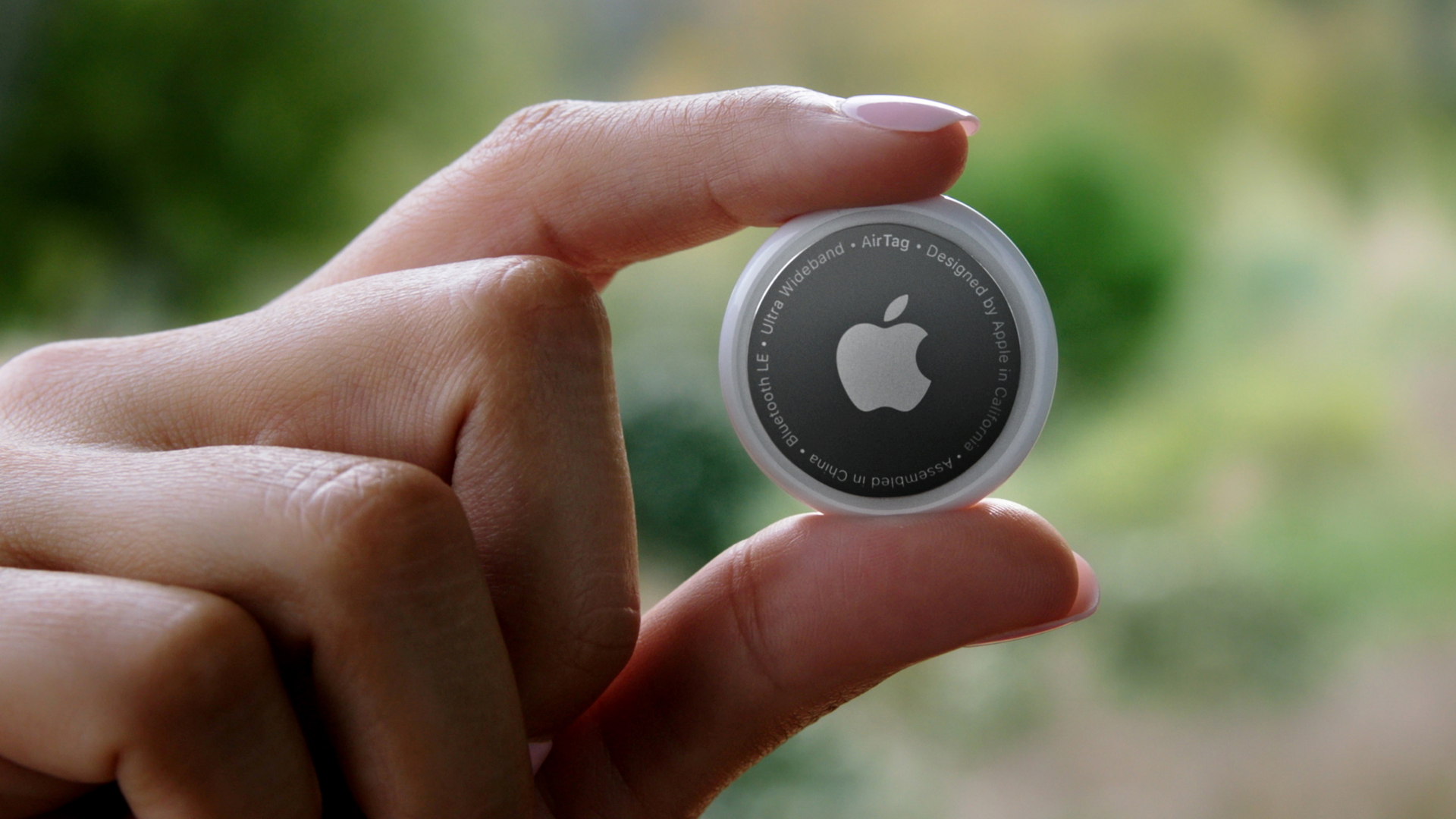Apple enters the commercial podcast business and introduces redesigned tablets and desktop computers. Significantly smaller competitors such as the Swedish music service Spotify are likely to lose out.
From Marcus Schuler, ARD studio Los Angeles The pandemic year was a record year for Apple. The war chests are princely filled with annual sales of 275 billion US dollars. So there is no reason for CEO Tim Cook to deviate from his previously extremely successful two-pronged strategy. On the one hand, Apple designs its own chips for smartphones, tablets and desktop computers, which was also evident in yesterday’s presentation. This sets yourself apart from the competition even more clearly and reduces dependencies such as recently on chip manufacturer Intel. On the other hand, the Californians are diligently expanding their service division.
Podcast platform should now also bring money
In the current case, the European music streaming service Spotify, in particular, is unlikely to like that, which has meanwhile established a leading market position in streaming and in the distribution of podcasts in the USA. But if you take a closer look, then Apple has been in the podcast business much longer than Spotify. Spotify hadn’t even been founded in 2005, when Apple was one of the first companies to support audio podcasts with their iTunes directory. It has stayed that way to this day, only Apple never made anything of it. Now the Californians want to profit from it commercially by offering a subscription service for professionally produced podcasts. Podcast makers can ask for money for individual episodes or for entire series. Apple holds its hand on the commission.
EU is already investigating
With the new offer, Apple is making itself popular with podcast producers. It also strengthens its service division and binds its customers more closely to its own offers. This strategy has paid off so far. In the past quarter, Apple achieved sales of almost 16 billion US dollars with this division. Compared to the previous year, this is an increase of almost 25 percent. But the plan also causes trouble. The EU is already under investigation. Spotify had accused the tech giant of preferring its own apps in its app store. Apple denies that. The Swedes have taken many millions into their hands in the past few months to build an attractive offer on their platform. So far it has paid off. In the US, Spotify has 28.2 million monthly listeners – according to eMarketer, Apple has 28 million.
Tracking device at a competitive price
The group is also likely to be in trouble with its new “AirTag” tracking device. They are attached to bags or key fobs, for example, and can then be tracked with the iPhone. So far, Tile has been the main company in this market. She accuses Apple of unfair business practices. The company had already complained about Apple last year. Some of the allegations were the subject of the US Congress. Now Apple is launching its AirTags on the market next Friday and undercutting some of the Tile devices. For example, an AirTag costs $ 29 while a similar device from Tile costs $ 36.
11.5 millimeters thin desktop computer
The remaining product presentations from Apple were less controversial. The company showed its new desktop computer iMac, which is only 11.5 millimeters thick. The narrow form factor is mainly due to the M1 chip from Apple. It produces less heat and only needs two fans. Another special feature of the M1 chip: It is based on the same technical platform as the chips in the iPhones. This makes the interaction of apps work better on both platforms. The new iMac starts with a 24-inch display at around 1445 euros.
New iPad Pro – slight changes to Apple TV
The new M1 chip is also built into the new iPad Pro. The larger model with a 12.9-inch screen also has a significantly improved display with a higher-contrast representation. In the corona pandemic, the iPad developed into an important source of money: in the last Christmas quarter alone, iPad sales rose by a good 40 percent year-on-year. On the other hand, the further development of the Apple TV box is disappointing – if you can even call it a further development. The device wants to score with better picture quality and a new remote control. The latter was repeatedly criticized for the inaccuracy of its touch field. The box will be available on the market from mid-May for 199 euros.

You must log in to post a comment.